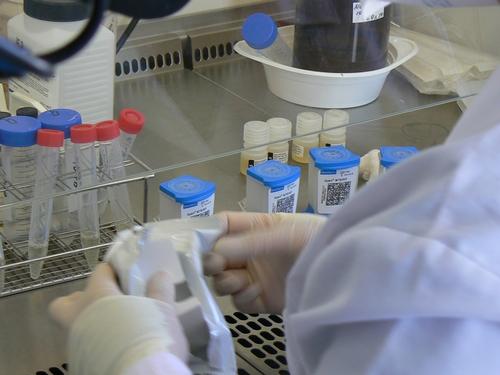During the 1990s, MSF teams made a bitter observation: we were failing to treat some of our patients suffering from infectious diseases, while in developed countries, remarkable progress was being made in the field of health. Two decades on, medicines in developing countries are still either too expensive, aren't suitable to be used in many of the contexts in which we work (for example, in hot, humid conditions or where there's a lack of electricity), or simply don't exist for the diseases we need to treat.
In 1999, we launched the Campaign for Access to Essential Medicines, now known as the Access Campaign. Its mission focuses on three areas: overcoming barriers to access to essential medicines, stimulating research and development for neglected diseases, promoting health exceptions to global trade agreements.
In 2003, MSF joined several research institutes, including the Institut Pasteur, to create the Drugs for Neglected Diseases initiative (DNDi), a non-profit research and development organisation engaged in research and development of new treatments for neglected diseases.

Europe opens new front against affordable medicines in trade deal with India

New TB test to detect more people who need DR-TB treatment

DR-TB drugs under the microscope

The other Butterfly Effect: MSF treats women injured in childbirth

Thousands of HIV+ people march in Delhi with plea to Indian government

Pneumoccal vaccine is launched in Africa

Johnson & Johnson / Tibotec AIDS drug licenses leave out too many patients

Indian Prime Minister must resist European pressure to trade away health








